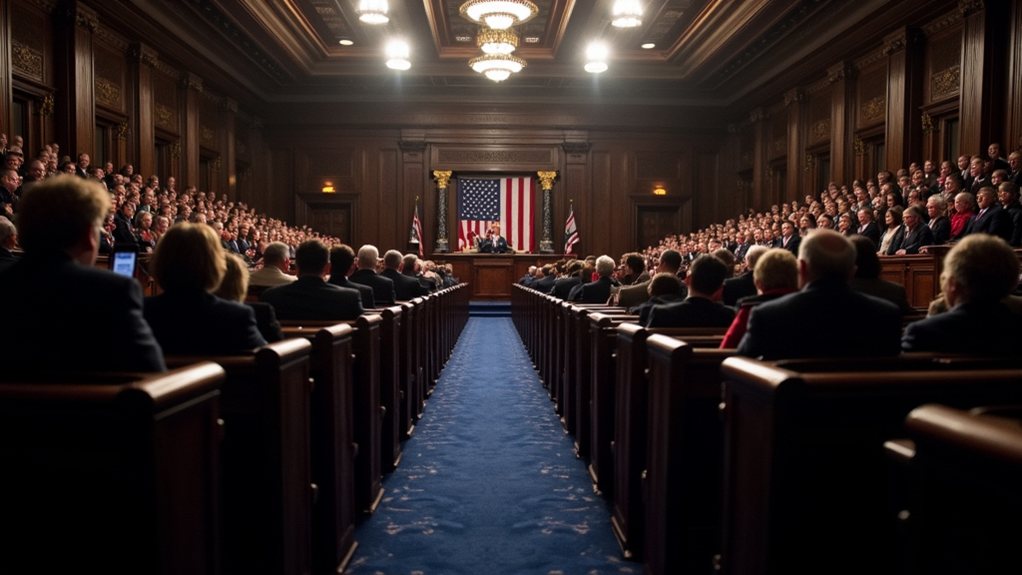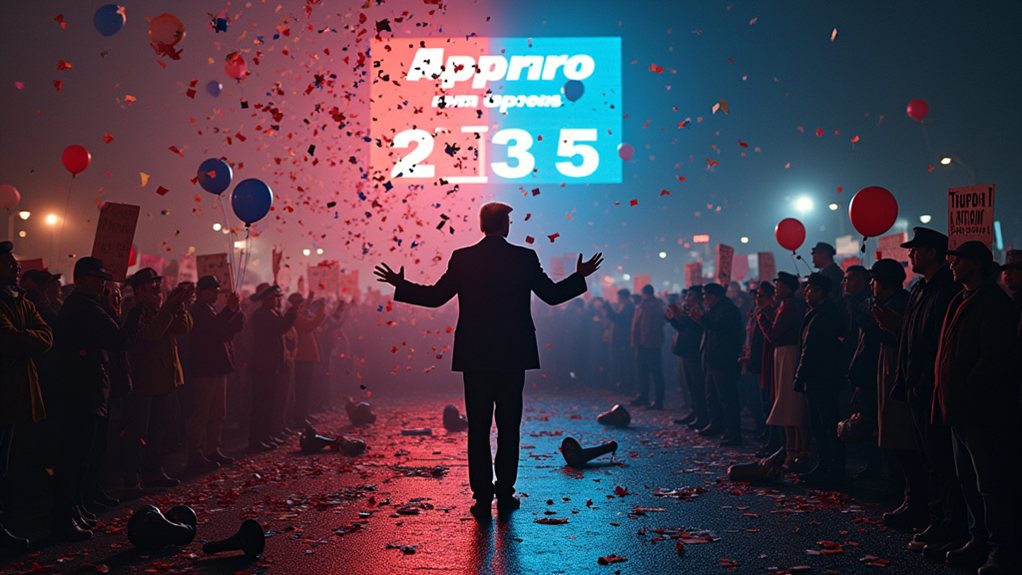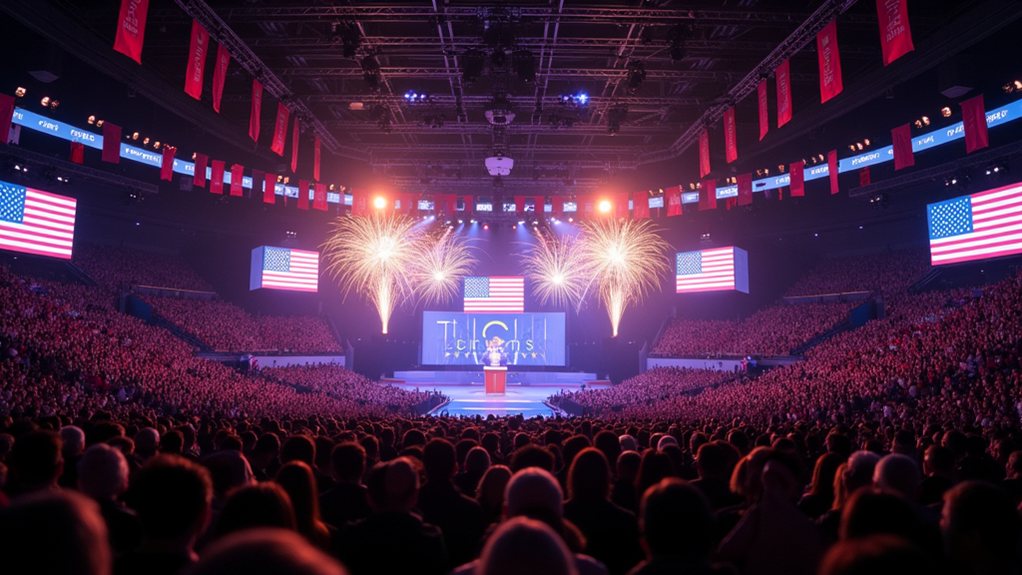As Trump's speech unfolded, it became clear that the divide in American politics is growing deeper. The atmosphere was charged. Trump focused on hot-button issues like transgender rights, sparking strong reactions from both sides. He boasted about his economic achievements while expressing concerns about rising inflation. His criticisms of the Democrats and the Biden administration were sharp, and he introduced a controversial proposal to sell citizenship to wealthy foreigners. He also made bold claims about reclaiming the Panama Canal and Greenland. The system of checks and balances in the U.S. government is crucial in ensuring that no single branch can implement such proposals unilaterally, emphasizing the need for collaboration and oversight.
Meanwhile, Democratic lawmakers responded with protests. Representative Al Green was removed from the speech for shouting. Others held up signs that read "SAVE MEDICAID." A number of lawmakers chose to walk out, showing their discontent. These protests were a coordinated effort, reflecting grassroots pressure within the party. Heckling and shouting echoed throughout Trump's address, highlighting the tensions that have become all too common in political discourse.
Democratic lawmakers staged coordinated protests, with shouts and signs reflecting deep discontent during Trump's speech.
On the Republican side, the crowd cheered loudly for Trump's attacks on Democrats and Biden. They applauded his claims about economic success but had a tepid reaction to discussions about tariffs. GOP operatives felt relieved that Trump stuck to his script, interpreting the Democrats' protests as advantageous for their own narrative. Trump's emphasis on affirming two genders resonated with his base, further intensifying the partisan divide. Additionally, his assertions regarding over 130,000 people aged over 160 years old in Social Security databases were met with skepticism from opponents, underscoring the contentious nature of his claims.
The media coverage of the speech was significantly partisan. Some outlets avoided negative stories about Biden, leading to accusations that the media was pushing their own political agenda. This shift from reporting to what some called propaganda raised concerns about how political narratives are shaped.









